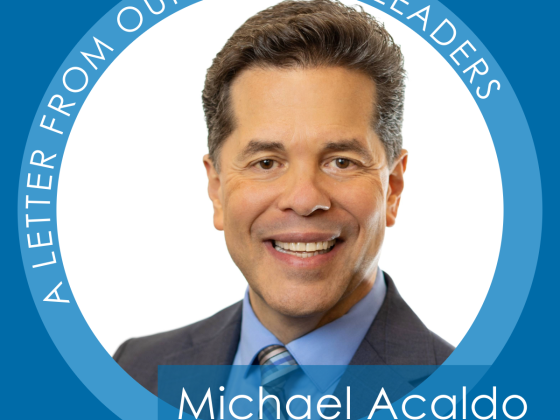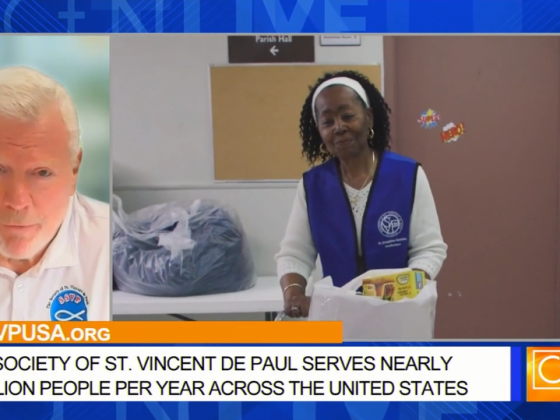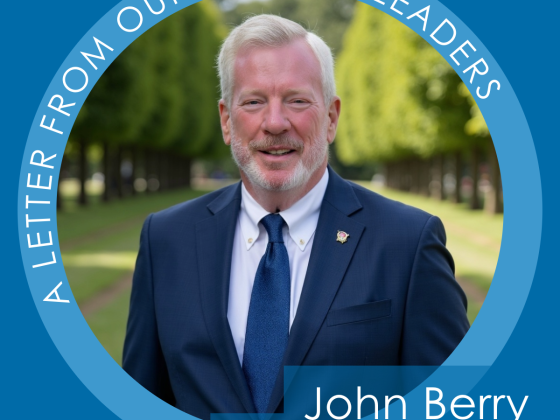“As it is, there are many parts, yet one body.” 1 Corinthians 12:20
As Vincentians, we are still facing the challenges and issues of diversity along with all our personal challenges. And of course, this makes it difficult to increase membership, but in no way does it stop us from doing what we are called to do and to be — ONE SOCIETY.
Yes, when we speak of diversity, we mean more Hispanics and more African Americans but, we also mean more Asians, more youth, more women, more disabled people, and greater regional diversity. A natural phenomenon is that people attract others who look like them. Therefore, it is incumbent upon each Vincentian to seek out people who are different from themselves. Yes, this can be uncomfortable, but it can be done and is likely to be a good learning experience for everyone involved. It sets an example that is self-replicating.
Diversity in membership creates a more innovative and successful organization. Bringing together different perspectives, experiences, and talents, creates a dynamic environment that fosters growth and success for both individuals and the organization. Since the Society wishes to grow its membership, diversity is one way to make that happen. In a recent commentary on VisionSVdP, the question was asked, “why can’t we move the needle on increasing diversity in our membership despite years of trying?” I challenge us to say and believe “Yes We Can.”
As Vice President of Friendship and Community, our committee has the charge to continue the dedicated efforts of building awareness, bridging abilities, embracing diversity, and broadening friendships and community. We are to take bold and courageous steps toward weaving the threads and strengthening the bonds between different groups in a fragmented and divisive culture. As we focus on these goals and take the necessary action, the Society of St. Vincent de Paul will reflect more beautifully the Multicultural Diversity Committee’s guiding principle, known as EMBRACE: Every Member Belongs, Respects, Accepts, Cares, and Empathizes with each other and with those we serve. This will allow us to strengthen ourselves within and go forth to build a dynamic, diverse, and dedicated Society.
We invite you to open again your heart to the promptings of the Holy Spirit and be inspired to join hands and make a personal commitment to move the “diversity needle.” Again, this is one way we can grow our Society. Here are a few tips on how you can help us meet these lofty goals:
- Get to know individuals who are different.
- Show and promote the works of the Society of St. Vincent de Paul
- Discern their interest and invite them to join the Society
- Mentor and demonstrate the MCDC guiding principle – EMBRACE
- Assess your Conference as to its “welcoming culture”
- Accompany new members as you teach and live the essential elements of the Society: – Spirituality, Friendship and Service.
All these things are important as the Society moves the “diversity needle” and becomes a place where individuals from all backgrounds are welcomed, and a place where good continues to flow outward with ever-increasing effectiveness. Can we move the ‘diversity needle”? Yes We Can!!!
Yours in Christ,
Connie Steward
National Vice President of Vincentian Friendship and Community




Thank you Connie.